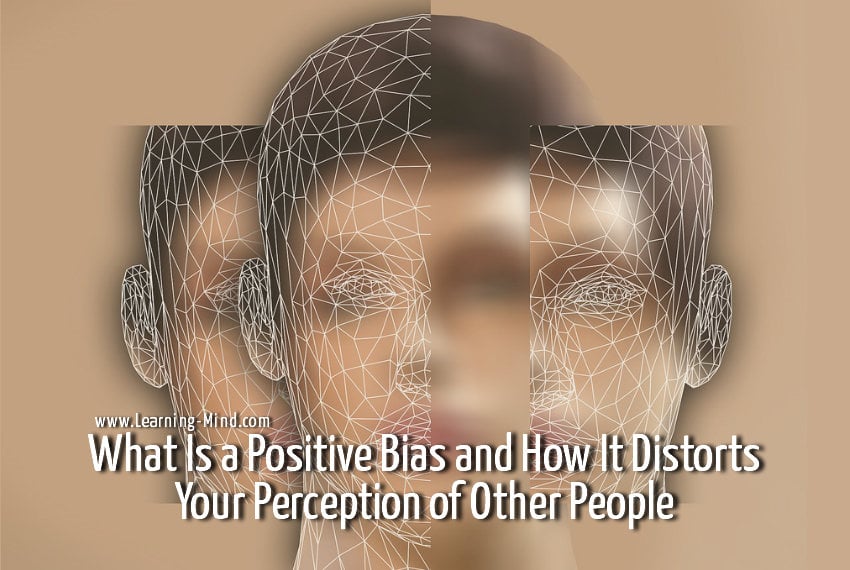
What is a positive bias, you ask? It is a tendency in humans to overestimate when good things will happen. There is even a specific use of this term in research. It refers to when someone in research only publishes positive outcomes.
A positive bias is normally seen as a good thing – surely, it’s best to have a good outlook. But just because it is positive, it doesn’t mean we should ignore the ‘bias’ part.
These notions can be about abilities, personalities and values, or anything else. What matters is that they affect the way you view people, including someone you have never met before.
Many people miss this because they assume bias must be negative. This is not the case – it can be positive too. A positive characteristic still affects the way you see and interact with people.
A positive bias can be as harmful as a negative one. Any type of cognitive bias is unfair to the people who are on the receiving end of it. A bias, even a positive one, can restrict people, and keep them from their goals. It makes you act in specific ways, which is restrictive and unfair. People are individuals and they should be seen as such.
Many of us fall into the trap of feeling good about our positive biases, don’t we? After all, they aren’t negative, so what harm could they be? Think about your biases for a moment. What do they tell you about the people you are going to meet? What do they lead you to expect when you meet someone new?
Positive biases provide us with the illusion that we are tolerant, loving people. In fact, these positive biases are just the flip side of negative ideas and beliefs. They can be just as destructive to workplace relationships.
This type of bias can trick us into thinking we have no problems. Unfortunately, any kind of bias can have an impact on the way we work.
How you choose to see people – which bias you choose – determines your perceptions. A positive bias means that you put people in a different kind of box. It determines how you think about them. It determines how you react when they don’t act according to your preconceived notions.
A negative bias means that you can react negatively when your preconceptions are shattered. A positive bias works in much the same way. It is still limiting, even if we don’t see it that way. It limits both sides of the bias. It keeps us from fully appreciating the beauty of humanity. It also keeps the subject of our bias from fully being able to be human.
We put other people into tiny boxes because that works to make our lives easier. If we label someone, we can understand them. This is how a positive bias gets started.
Labelling people with a positive bias means that you are much less likely to understand when they act outside the box. Or, to put it another way, labelling people makes it much less likely that you will understand their humanity.
Using boxes is a shorthand for the huge numbers of people we are likely to meet throughout our life. It can serve a purpose in helping us store first impressions. It has limited uses, though.
People rarely change their first impressions. A positive bias works in the same way; what you assume of a person is what you think of them.
Unfortunately, a first impression is rarely enough to tell us about the person we meet. So much goes into an individual that only comes out with time. A first impression doesn’t give anybody enough time. It doesn’t matter if that is time to show people who you are or time to learn who other people are.
First impressions are just that: first. They should not be the last.
What you perceive is what you draw towards you. In the case of positive bias, this means that you will only ever find bases of the bias appearing around you.
This is limiting in its own way. You should try and avoid any such ruminations, as it means that you will lose out on a lot of what makes people who they are.
Positive bias may feel better than negative bias. But that does not mean it is good to have. Biases keep up from fully realising the potential in both ourselves and the people around us.
Rather than trying to make people conform to the specific stereotype we have of them, it is much better to simply let people be. Let them be who they are, and learn about the wonderful variety of humanity.
References:
View Comments
Food for thought, thanks Margaret.
Positive people are the biggest hypocrites of all.
Every single one I know and have socially interacted with threaten the relationship with cutting ties because of "you're too sad"
I'm not sure why i even care about it anymore.
Fake ass snakes everywhere. even the ones you thought you loved.